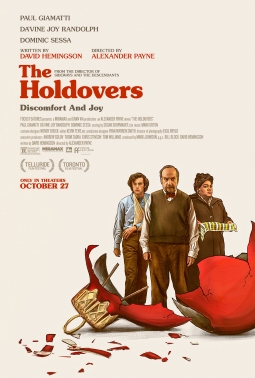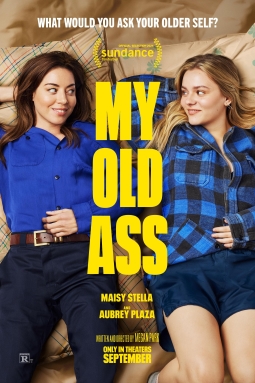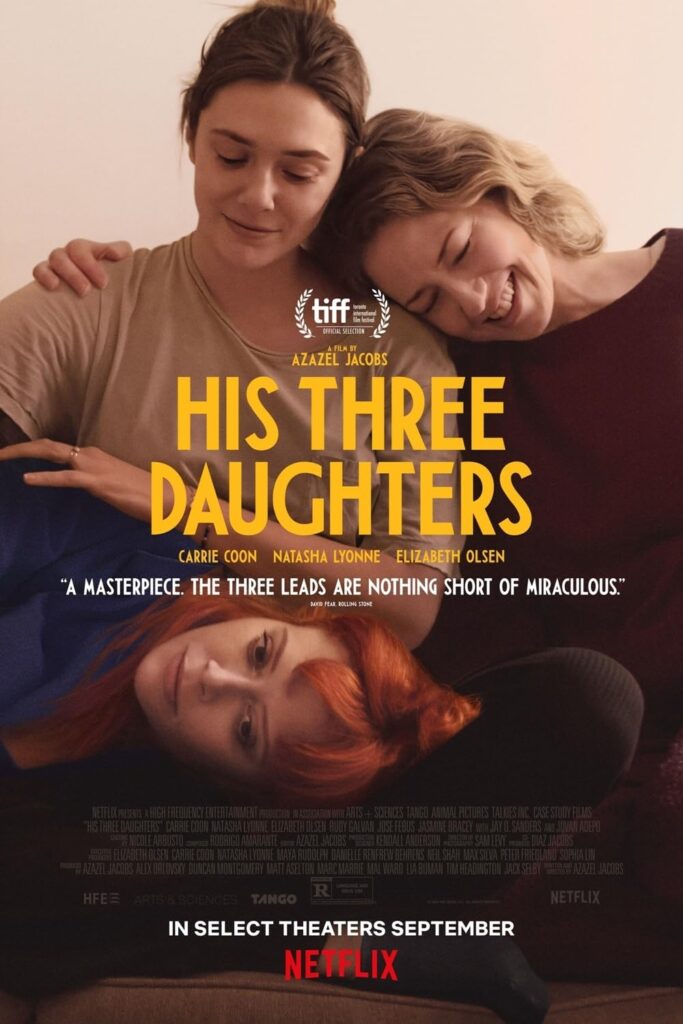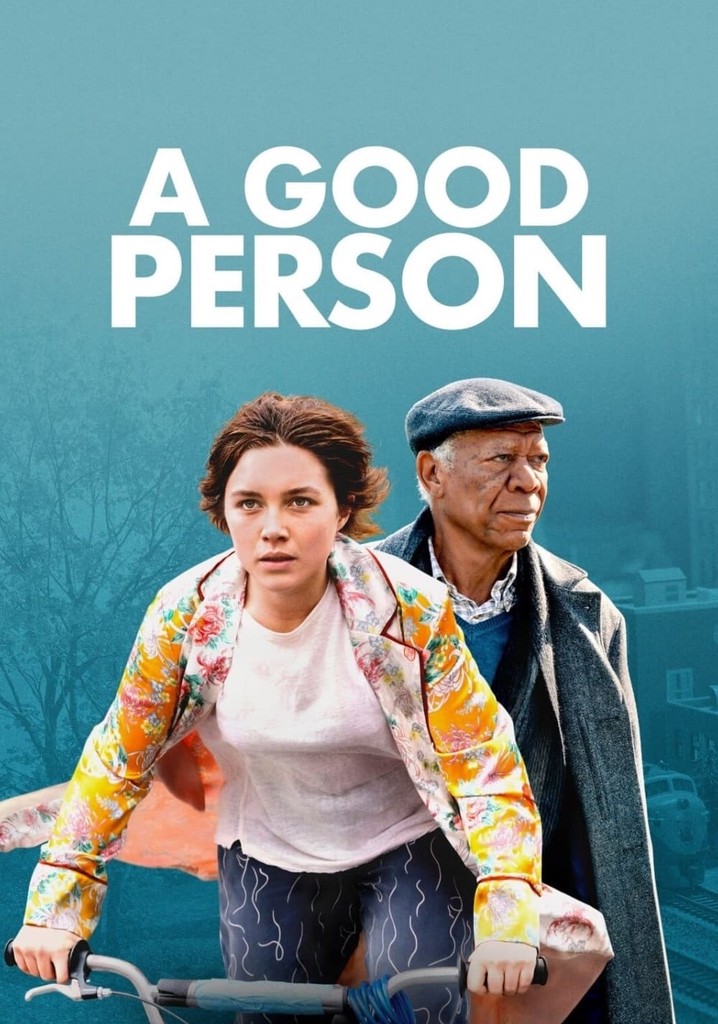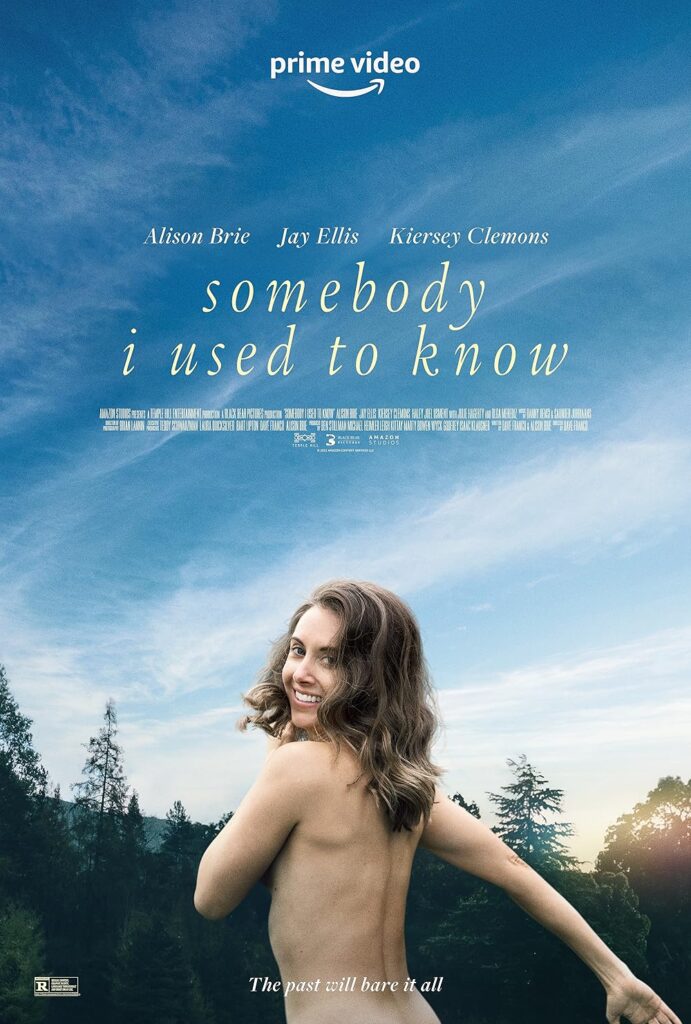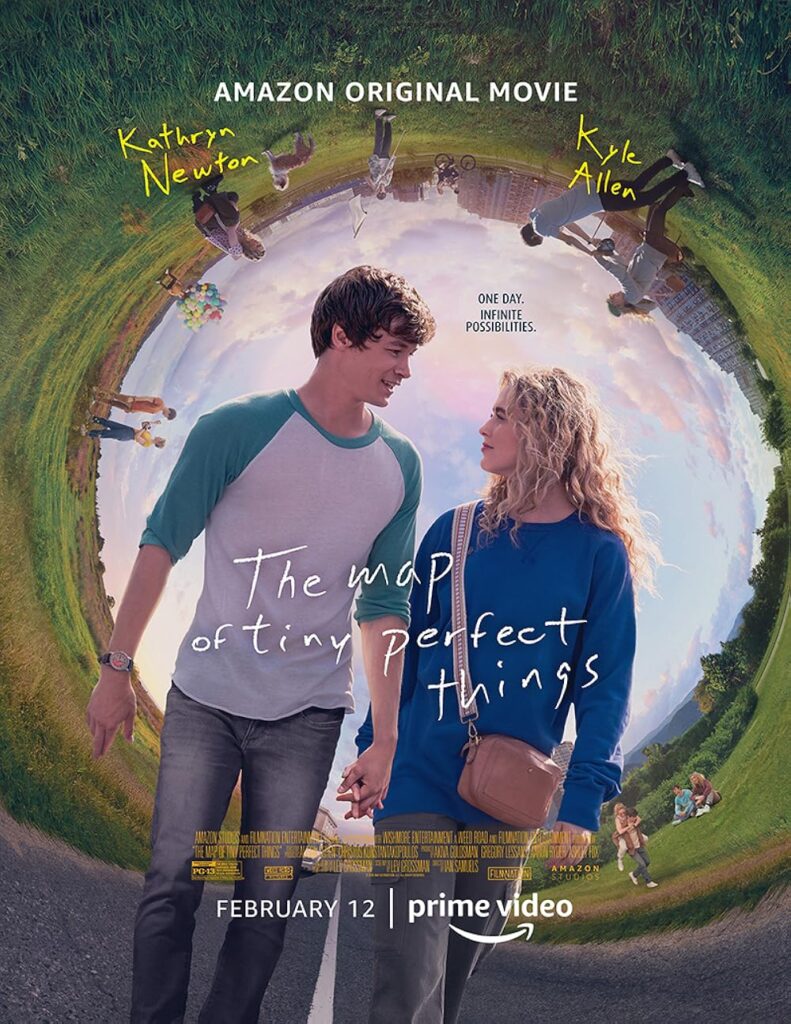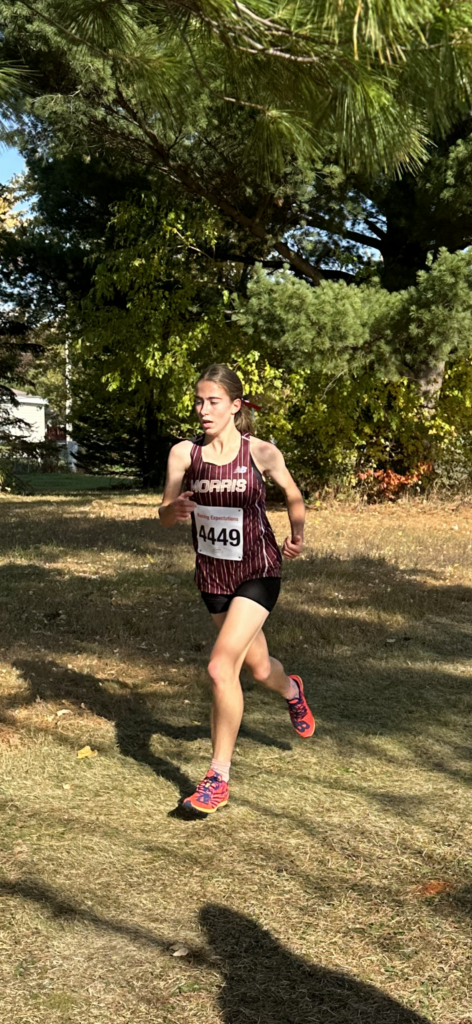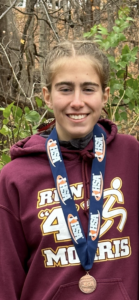Okay, readers, let’s talk movies. Quentin Tarantino is a director who many film critics consider one of the best of all time. I saw his first two films before I said, “You know what, not for me.” I skipped his next seven. But for some reason, I couldn’t resist his tenth one, which came out in 2019 (but I finally got around to seeing it in 2025). I’ve always thought that he celebrates bloody violence gratuitously.
In 1992, a friend of mine said that I had to see this low-budget indie film by this new director called “Reservoir Dogs.” It was hilarious! And edgy! And cool! What was not to like? Well, for starters, I couldn’t listen to the song “Stuck in the Middle with You” by Stealers Wheel for about a decade without thinking about that scene. It was too much for my fragile soul! Then in 1994, my lovely new bride Jen and I were in our hometown for a holiday, and a friend of hers said that we just had to see the first big-budget film by Tarantino called “Pulp Fiction.” It was hilarious! And edgy! And cool! What was not to like? Well, let’s see, do I enjoy seeing people get their heads blown off in the backseat of a car? I do not. Anyway, it led to a lively discussion back at Jen’s friend’s home, while I attempted to figuratively wash my eyeballs of what I just sat through. (Incidentally, Jen’s friend, after a short career as an engineer, abandoned her previous life and became a nun. Am I saying that seeing “Pulp Fiction” drove her to join a convent? I’m not saying it didn’t.)
For the next few years, I spent a lot of time in theaters. Jen was in school, my evenings and weekends were free, and I had a few co-workers who wanted to hit the movies every weekend. I was trying to be open-minded and expose myself to things I wouldn’t normally see, but in 1996, after sitting through the Coen brothers’ “Fargo,” I had the realization that I could appreciate that a film is well made, well written, and award worthy, but that didn’t mean that I was going to like it or even that I needed to see it. So I started sitting out Tarantino films. And David Lynch films. And every other Coen brothers movie. (Not to my liking from their filmography: “Blood Simple,” “Miller’s Crossing,” “Fargo,” “No Country for Old Men.” Up my alley, though: “Raising Arizona,” “O Brother, Where Art Thou?,” “Inside Llewyn Davis,” “Hail, Caesar!”)
But a funny thing happens when you decide to rule out whole swaths of films based on their genre or reputation: you become close-minded. You become the type of person who, when discussing their taste in music, says, “I don’t like rap,” or “I never listen to country.” And you miss out on a lot. So I’m trying to balance my viewing choices, keep an open mind. I’ll sit through “Get Out,” for example, with my eyes half covered. But I’d rather watch a Hallmark Channel Christmas movie.
Anyway, the list. Reminder: These are the best films I saw last year, not necessarily the best films to be released last year. I watched 49 total, or 1 every 7.45 days. Embarrassingly, I didn’t see a single film in a theater; these were all streamers (or, on rare occasions, DVDs checked out from the library). Here we go:

1. “The Ballad of Wallis Island,” 2025 comedy/drama directed by James Griffiths, starring Tim Key, Carey Mulligan, Tom Basden, Sian Clifford, and Akemnji Ndfornyen. Key stars as Charles, an eccentric resident of a remote British island who convinces the two members of a one-time indie folk duo, McGwyer Mortimer (Basden as Herb McGwyer and Mulligan as Nell Mortimer) to reunite for a concert on Wallis Island, for hundreds of thousands of pounds each. There’s some mystery as the film goes along: who exactly will they be performing for? And where is the concert venue, if this is a tiny island with a tiny little general store? And what’s Charles’s backstory? And there is some unresolved romance between McGwyer and Mortimer, even though Nell brings along her husband. A quirky, funny, heartwarming little film that had me guffawing at scenes; Key and Basden in particular together are the perfect funny man and straight man. Highly, highly recommend. (That’s two highlys!) Plus the soundtrack of original songs feels like a real band from the 2000s/2010s.

2. “Past Lives,” 2023 drama directed by Celine Song, starring Greta Lee, Teo Yoo, and John Magaro. Perhaps the most moving film I saw last year. Lee and Yoo are Na Young and Hae Sung, childhood friends in Seoul, South Korea, who get separated at 12 years old when Na’s family moves to Canada. They go on with their lives, Na changing her name to Nora and becoming a writer, while Hae Sung finishes his military service and school. Eventually, they track each other down and have an online relationship that hints at romance but never quite gets there. By the time they meet in person, 24 years since they had been children, Nora has moved to New York City and married Arthur (Magaro), and the tensions of the past and present play out. I suspect that the film would have had a different ending if the director and studio (A24) had wanted to please audiences more. A bittersweet romance.

3. “Train Dreams,” 2025 drama directed by Clint Bentley, starring Joel Edgerton, Felicity Jones, William H. Macy, and Kerry Condon. With perhaps the lamest movie title on this list (they couldn’t think of anything catchier and zippier than “Train Dreams”?!?), this was the rare movie I saw as soon as it came out, albeit on my couch at home. Robert Grenier (Edgerton) is a railroad construction worker and seasonal logger; the movie covers his whole 80-year lifespan and takes place in the Pacific Northwest in the first half of the twentieth century. He marries, they have a child, he continually leaves his land and cabin behind to make a better life for his family, but nothing but tragedy ensues. This is an “environmental” film in that it touches on how connected or not we are to the natural world around us.

4. “Cha Cha Real Smooth,”2022 comedy/drama directed by Cooper Raiff, starring Cooper Raiff, Dakota Johnson, Leslie Mann, Vanessa Burghardt, Evan Assante, Brad Garrett, Odeya Rush, and Raul Castillo. Raiff is a young talent whose second film impressed me so much that I tracked down his first one, “Sh!thouse,” which really belongs here as a tie. In “Cha Cha Real Smooth,” Raiff plays Andrew, a recent college graduate living with his mother (Mann) and stepfather (Garrett). When forced to attend a bar mitzvah with his younger brother, he befriends a young mother named Domino (Johnson) and her autistic daughter (Burghardt) and saves the party from ruin. This leads to his becoming an in-demand party DJ, even though his drinking and his immaturity get him into trouble. He develops a romance with the decade-older Domino, although she has a fiance. The raw, emotional vulnerability of Raiff’s character in this film and in “Sh!thouse,” where he plays a struggling college student, is refreshing and a joy to watch.

5. “Jay Kelly,” 2025 comedy/drama directed by Noah Baumbach, starring George Clooney, Adam Sandler, Laura Dern, Billy Crudup, and Grace Edwards. Baumbach is one of my favorite directors; this film is slightly different from his others in that it feels like a Clooney vehicle more than a Baumbach film. Clooney portrays Jay Kelly, a successful actor who comes across as superficial and smarmy (it’s a very meta film with Clooney’s real life, even including scenes from his actual movies in a career-spanning retrospective). He learns from his long-suffering manager, Ron (Sandler), that the director who launched his career has died. After a run-in with a former roommate who felt that Clooney stole his shot at stardom (Crudup), Jay decides to travel to Europe ostensibly to collect a lifetime achievement award at a film festival, but actually to keep tabs on his daughter who is leaving for college. This is many things at once: a roadtrip film, a buddy comedy, and a father-daughter drama, among others. It’s a chance for Kelly, and Clooney, to take measure of his life and wonder if the family and friendship sacrifices that he made were worth the success.

6. “Once Upon a Time in Hollywood,” 2019 drama directed by Quentin Tarantino, starring Leonardo DiCaprio, Brad Pitt, Margaret Qualley, Austin Butler, Margot Robbie, and Emile Hirsch. This is the Tarantino film that finally brought me back. I had heard enough about it to be curious as to how he portrayed the Manson Family, late 1960s Los Angeles, and a shocking crime that had haunted me ever since I read Vincent Bugliosi’s true-crime book Helter Skelter at a much-too-young age. DiCaprio is fading actor Rick Dalton, looking to extend his career after Hollywood falls out of love with Westerns. Pitt is his longtime stunt double/gopher, Cliff Booth, whose long list of personal failings put him at odds with hiring stunt coordinators. Dalton lives next door in the Hollywood hills to actress Sharon Tate and her husband, director Roman Polanski. We see Dalton’s story intertwined with the looming threat that Charles Manson and his followers present. I had read that Tarantino wanted to give the Manson Family’s victims a proper alternative version of what he wished would have happened; it was a cathartic if bloody last few scenes. Pitt absolutely deserved his Best Supporting Actor Oscar. I had fun looking up how historically accurate the film was and which characters were real or based on real actors. The scene of Cliff Booth challenging Bruce Lee to a fight still makes me laugh.

7. “Wind River,” 2017 crime drama/thriller directed by Taylor Sheridan, starring Jeremy Renner, Elizabeth Olsen, Gil Birmingham, and Graham Greene. This is another one of the films on my list that I would have passed on viewing in previous years. By now, everyone knows Sheridan as the creator of “Yellowstone,” and this film is in line with his neo-Western storytelling. The story: there’s a murder on the Wind River Indian Reservation, of a young woman found frozen in the snow by Cory Lambert (Renner) a US Fish and Wildlife Service agent, while he is out hunting predatory wolves around a rancher’s property. The nearest FBI agent available, Jane Banner (Olsen), is young and unprepared for the weather and for the cultural complications of dealing with the Arapaho tribe, local police, and tribal police. This is one in a string of recent unsolved murders of young Native American women, and Lambert (who we find out is himself a grieving father) promises the woman’s father (Birmingham) that he will take care of whoever did this to her. Run-ins with security guards at an oil-drilling site, and who has jurisdiction over the crime, lead to an explosive showdown. Olsen and Renner are particularly good as a duo working together under pressure, and I like that Sheridan sticks with the main story and doesn’t add a romance layer to this.

8. “Will & Harper,” 2024 documentary directed by Josh Greenbaum, starring Will Ferrell and Harper Steele. In 1995, Will Ferrell joined the cast of “Saturday Night Live” the same week that Harper Steele was hired as a writer. They became friends and eventually writing partners at SNL and for films that starred Ferrell. In 2022, Ferrell received an email stating that Steele was coming out as a transgender woman and wanted to let her friends know. This documentary follows Ferrell and Steele’s cross-country road trip from New York City to Los Angeles, stopping along the way to visit Steele’s childhood home in Iowa, and there are meetups with SNL alums such as Kristen Wiig, Tim Meadows, Will Forte, and Molly Shannon. It’s emotional at points and (not surprisingly with Ferrell) filled with humor. Many viewers will see the film through the eyes of Ferrell, not initially comprehending what his longtime friend has been going through but wanting to learn and be as supportive as he can.

9. “The Penguin Lessons,” 2024 comedy/drama directed by Peter Cattaneo, starring Steve Coogan, Jonathan Pryce, Bjorn Gustafsson, Vivian El Jaber, and Alfonsina Carrocio. This is one of those amazing “based on a true story” films, and home video during the end credits proves it. In the mid-1970s, Englishman Tom Michell (Coogan, always entertaining) arrives at an exclusive boys’ school in Argentina to teach English, exactly at the moment when a coup occurs, and a military junta is installed. As the government clamps down on dissenters, pulling people off the street and “disappearing” them, Michell struggles to teach his students, some of whom are children of leaders on both sides of the violence and chaos. When the school is shut down briefly, Michell takes a vacation to Uruguay and comes upon a beach where penguins have been killed by an oil spill. He rescues one by bringing it back to his hotel and then makes the decision to smuggle it back to Argentina. It’s perhaps an oversimplification of the deep, disturbing issues in the country at the time, but it’s a sweet film that hints at a broader commentary on the dangers of militarizing the streets of a country and suppressing freedoms.

10. “Oh, Hi!,” 2025 dark comedy directed by Sophie Brooks, starring Molly Gordon, Logan Lerman, Geraldine Viswanathan, and John Reynolds. I’m generally not a “dark comedy” fan because that usually means, “Oh, no, we accidentally killed the male stripper, and now we will hilariously cover it up!” (Actual plot of a movie.) I had Jen watch this one, and I had to keep telling her, “Don’t worry, it doesn’t end as badly as you think it will.” I don’t want to give away the main plot point here, but: lovebirds Iris (Gordon) and Isaac (Lerman) are taking a romantic weekend trip to a rented farmhouse in upstate New York. When he states that he believed they were casually dating and not in an exclusive relationship, she loses her mind and goes to great lengths to convince him that they’re a perfect match. I thought it was very funny and unique, and I wasn’t sure where things were headed.
Films that just missed the cut: “You Hurt My Feelings,” “All Together Now,” “Wicked Little Letters,” “Shiva Baby,” “The Climb,” “Bros,” “I Like Movies,” “The Tender Bar.”






















